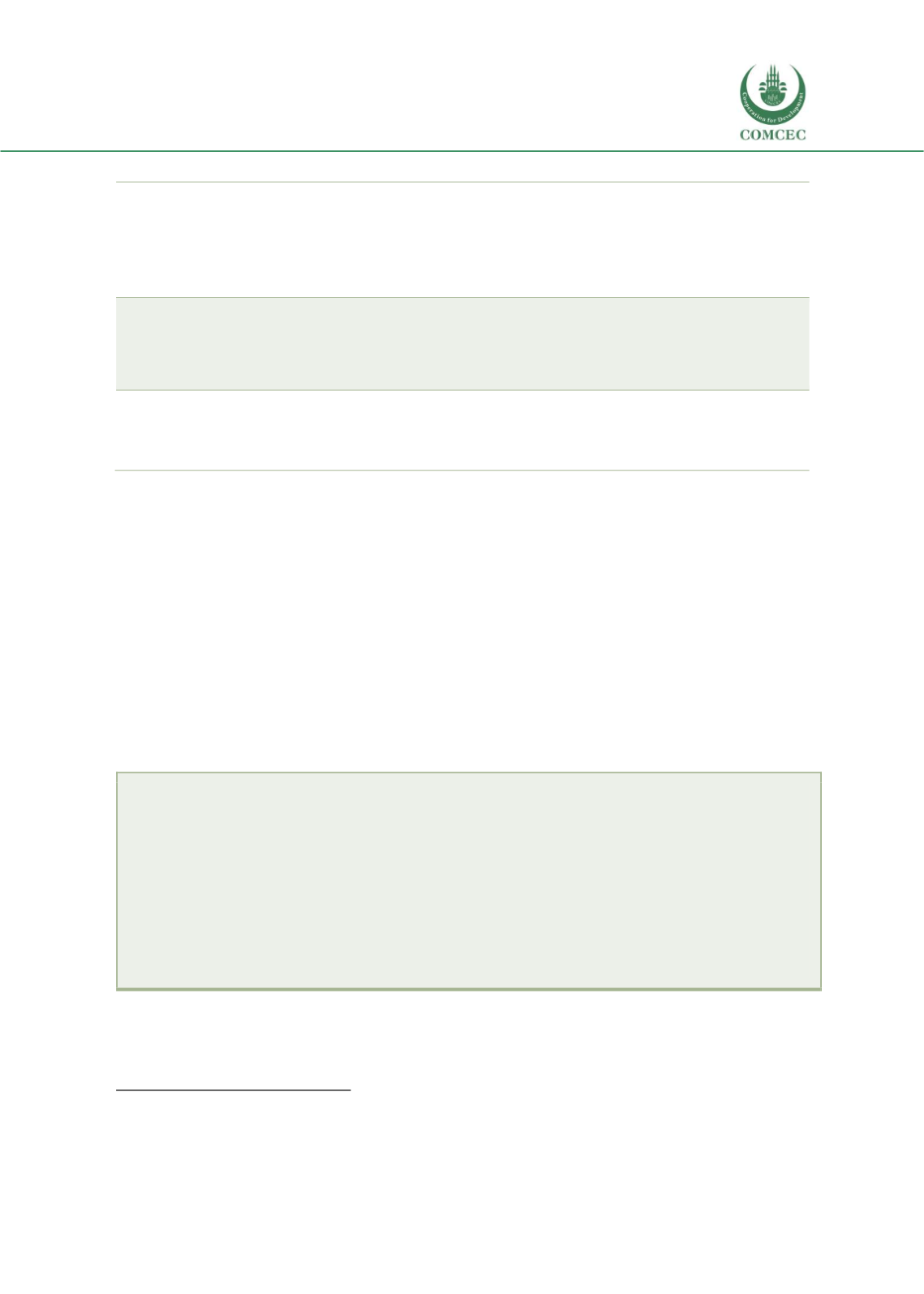

Risk Management in Transport PPP Projects
In the Islamic Countries
77
Table 20: Takeaways, barriers and options related to the construction phase
Key Takeaways
Awareness of residual risk and worst case impact are an important concern for public sector –
such awareness depends on risk mitigation strategy followed in previous implementation phases
Establishment within the public sector of a contract management team with skills in monitoring
construction phase
Barriers/trade-offs
Barriers on skills and organizational resources may be highly specific,
Beware of asymmetry in public sector vs private sector skills (legal, technical)
Scope for parallel strategies
As in other cases, scope for parallel strategies combining learning by doing (including) and
implementation of priority projects, as already mentioned in previous phase
Source: Authors.
Phase 5: Operation
As observed in the conceptual framework, a variety of risks may emerge in the post-construction
phase and affect the viability of the PPP operation. In some cases, this can happen despite a
successful performance in the construction phase.
The Lekki-Epe Expressway case in Nigeria is presented below as an illustration of a project
which was successfully prepared and launched, in a difficult environment where no established
PPP framework was yet in place. After a successful early construction phase, however, the
project ran into difficulties because of higher than expected opposition to tolling and the public
sector took over the concession company to complete construction of Phase 2 and operate the
new infrastructure.
Box 12 The Lekki–Epe Expressway – A mixed picture
34
The Lekki-Epe Expressway was the first toll road PPP in Nigeria. The 30-year concession was
signed in April 2006 and involves the upgrading and extension of approximately 69.5km of road
serving the growing suburb of Lekki, at a capital cost of approximately USD 450 million. The goals
of the project are to alleviate traffic congestion on a densely populated urban corridor in the Lagos
Island and improve accessibility the Lekki free trade zone, currently under development. The
project is to be implemented in two phases, and the first phase - 49km of dual carriageway highway
- is now in operation.
34
This box draws mostly from information contained in Brocklebank P. (2014) “Private Sector Involvement in
Road Financing”, The World Bank, SSATP-Africa Transport policy program.
















